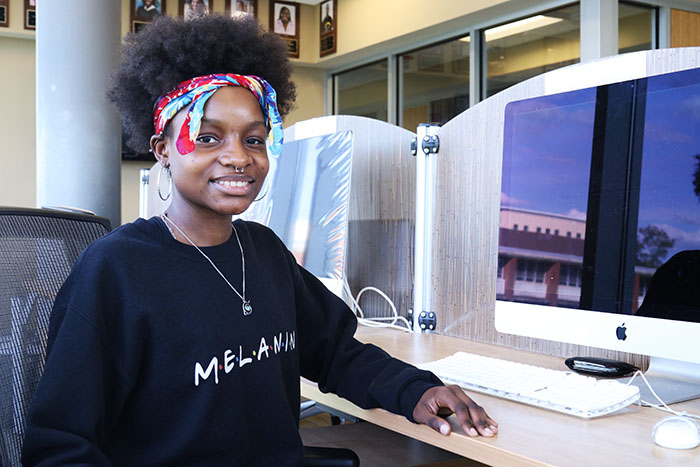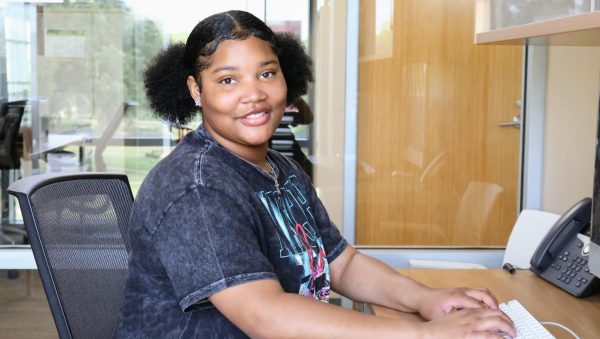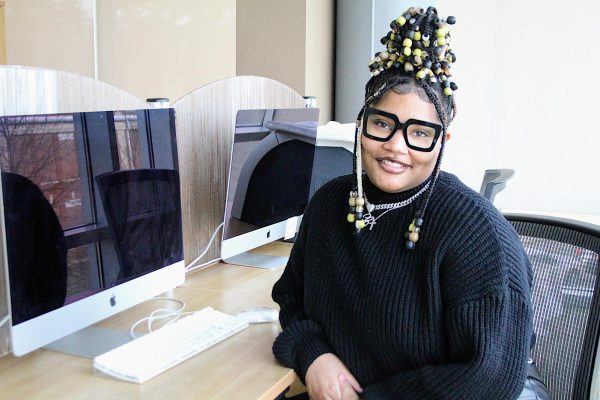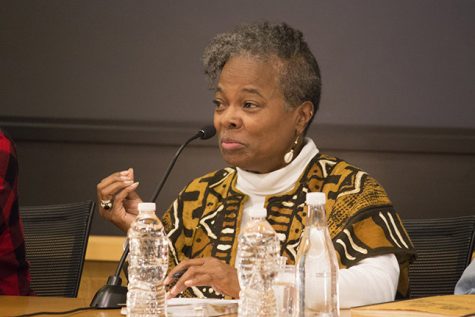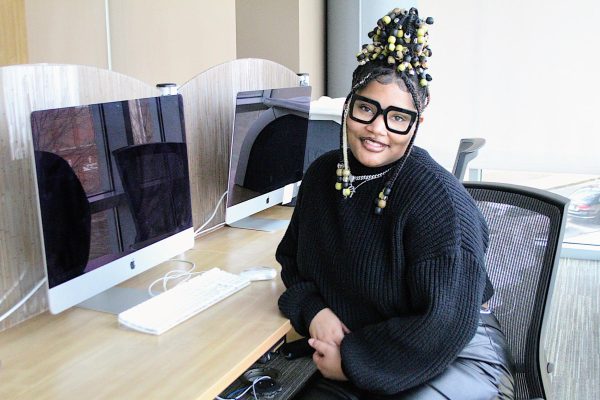Why cultural appropriation may be harmful
October 15, 2022
Cultural Appropriation is when people of a majority group take over cultural elements of a minority group and remove them from their originating cultural contexts. Those elements include: Art, religion, language, customs and traditions, and much more.
The issue with cultural appropriation is that it is disrespectful and harms the groups being appropriated. It exploits minority groups and perpetuates stereotypes. It is like wanting to borrow something and then making it your own without giving any credit at all.
An example of cultural appropriation is white people getting braids and dreadlocks and justifying it by saying “It’s just hair.” It is not just hair. Dreadlocks and braids have cultural significance. In the 1960s, Black people rebelled against European-centric beauty standards by celebrating braiding hair during the Black Power movement. Braids are also a form of art and were used by slaves as a secret messaging technique for slaves to communicate with each other without their masters knowing.
Colonizers have always mocked and discriminated against Black hair. Today, white people and other non-Black people are using braids as a trend, and it is a slap in the face after centuries of Black people being looked down upon because of it.
Dreadlocks originated from ancient Egypt, where they appeared on Egyptian artifacts. Locs were brought into mainstream culture through reggae artist Bob Marley, and they became popular among various cultures. They can have a religious meaning and can be symbolized in many ways.
When Black people say white people cannot wear braids or have dreadlocks, they are saying that because they do it for the wrong reasons. They do it as a trend and they do it because Black people do not want them to. Quite frankly, we are trying to save them from their hair falling out, because their hair is way too weak for braids. White people tend to tell us that certain things we do, wear and say are “ghetto,” but they will do, wear and say the same things and say it is fashionable.
Black people have been denied jobs and barred from attending class or walking across the stage at high school graduations because of having locs. Black hairstyles have been known as unprofessional in the corporate world for years, so it is not right for a non-Black person to wear those same hairstyles and tell us that it is just hair. We had and still have to deal with the consequences of systematic racism and non-Black people do not.
Others may argue that Black people are culturally appropriating white people because we wear “white people’s hair,” which does not make sense. After all, no one uses white people’s hair as braid hair or wig hair. Caucasian hair is way too stringy to weave from, and weave can be used by any background as well. I may also add that white people do not have any culture to culturally appropriate.
Cultural appropriation may also be active within high schools and colleges in America because of the use of mascots. For example, there are plenty of college mascots that imitate Native Americans.
According to the American Psychological Association, studies examine the negative impacts American Indian mascots have on American Indian students. It showed that they have generated positive associations with the self-concepts of Indians, but also reported a depressed state of self-esteem as well as concerns about their community worth.
People who are ignorant of cultural appropriation can contribute to hateful and racially motivated crimes.
According to the National Center for Education Statistics (NCES), there was a 40% increase in campus hate crimes between 2011 and 2016. Also in 2016, there were more than 1,000 hate crimes committed on college campuses across the country.
There is a difference between cultural appropriation and cultural appreciation. You can show love to a culture without removing it from its original context. Supporting an African business by purchasing their items and designs directly from them is cultural appreciation. Purchasing items and wearing hairdos that are of cultural significance just for the “fashion and trend” is cultural appropriation.
To avoid cultural appropriation, do your research. No one should wear or use anything of another group’s cultural significance without taking the time to understand it. Sometimes it may not be okay to wear or use at all. Don’t adopt other cultures and base them on stereotypes, which are negative and incorrect most of the time. When adopting a culture, make sure to engage with it. Spending time with culture may help you understand it better and you can use that to promote the culture along with its people.


